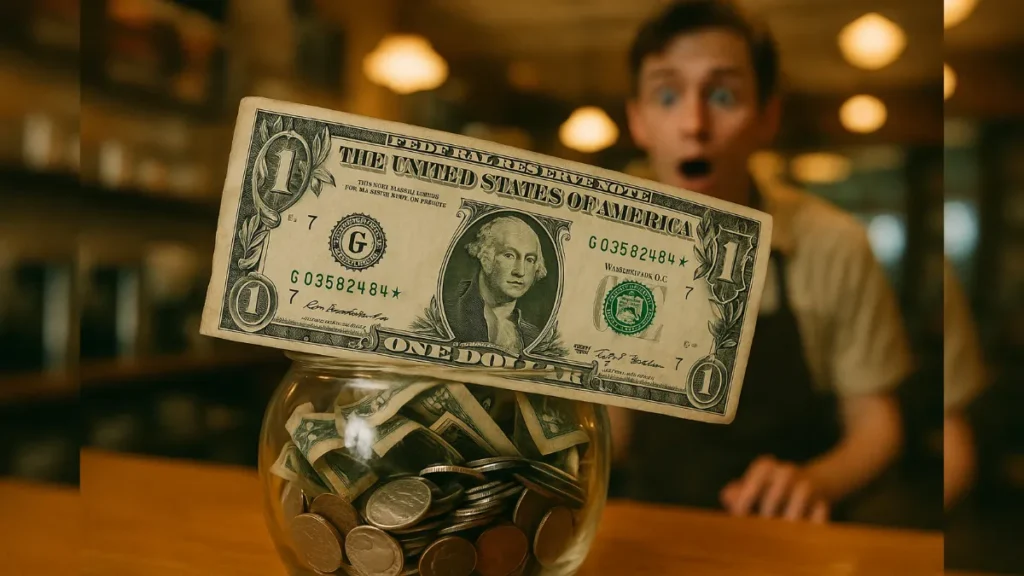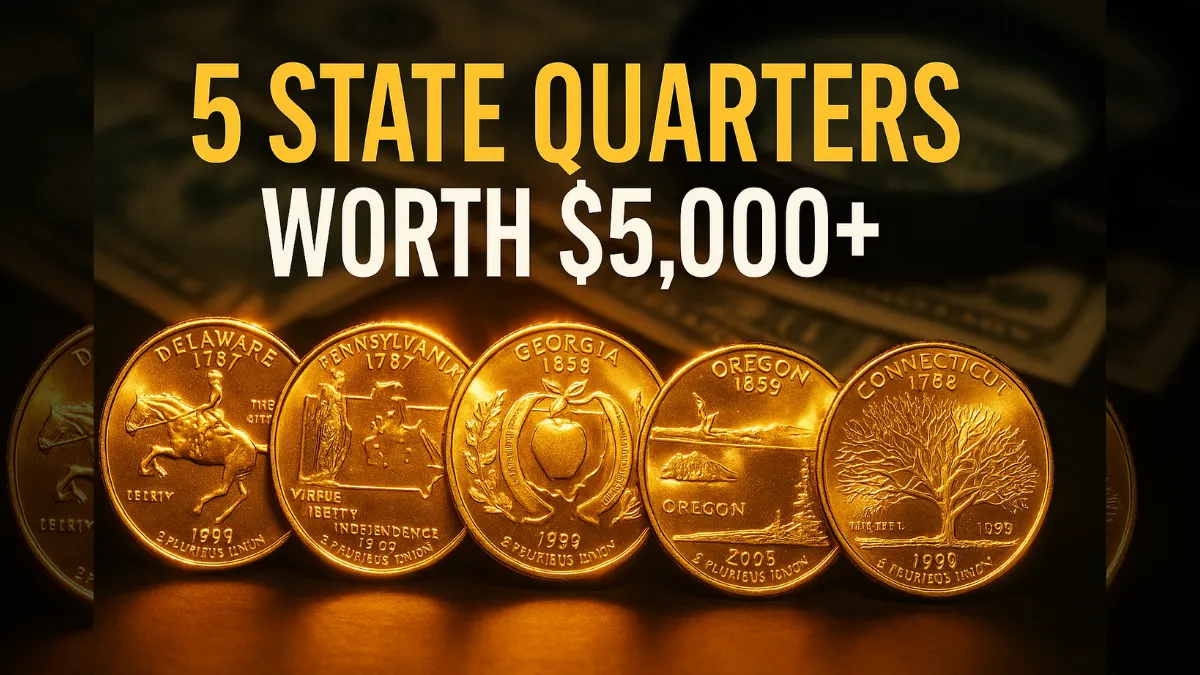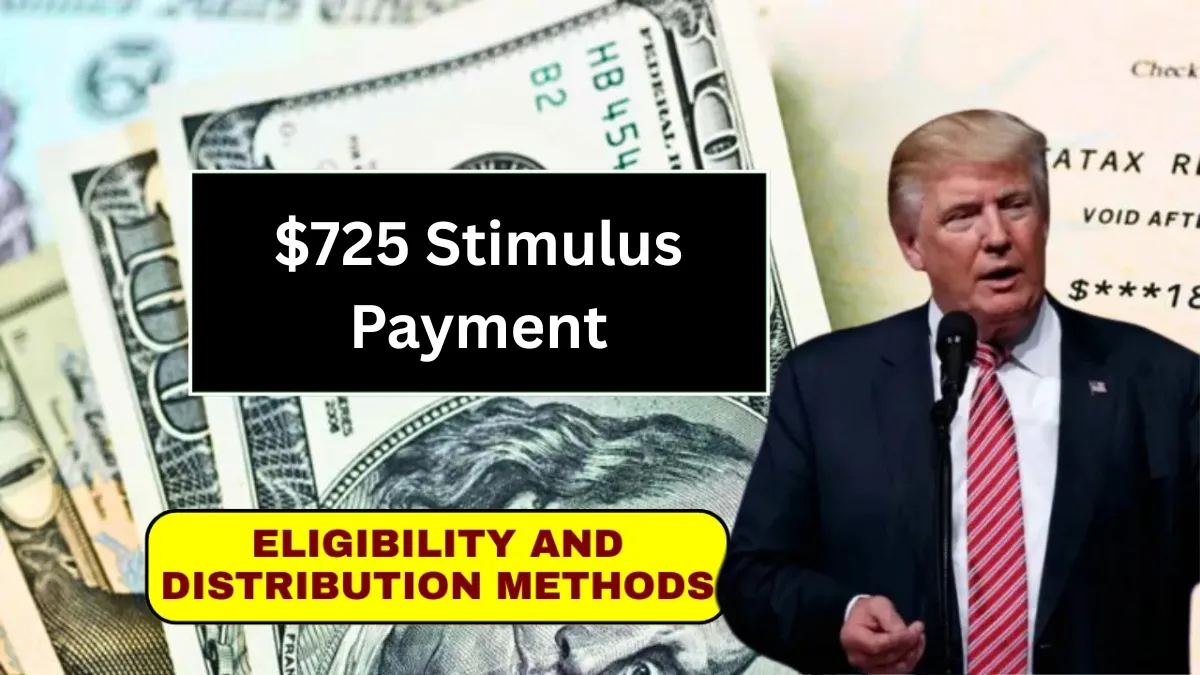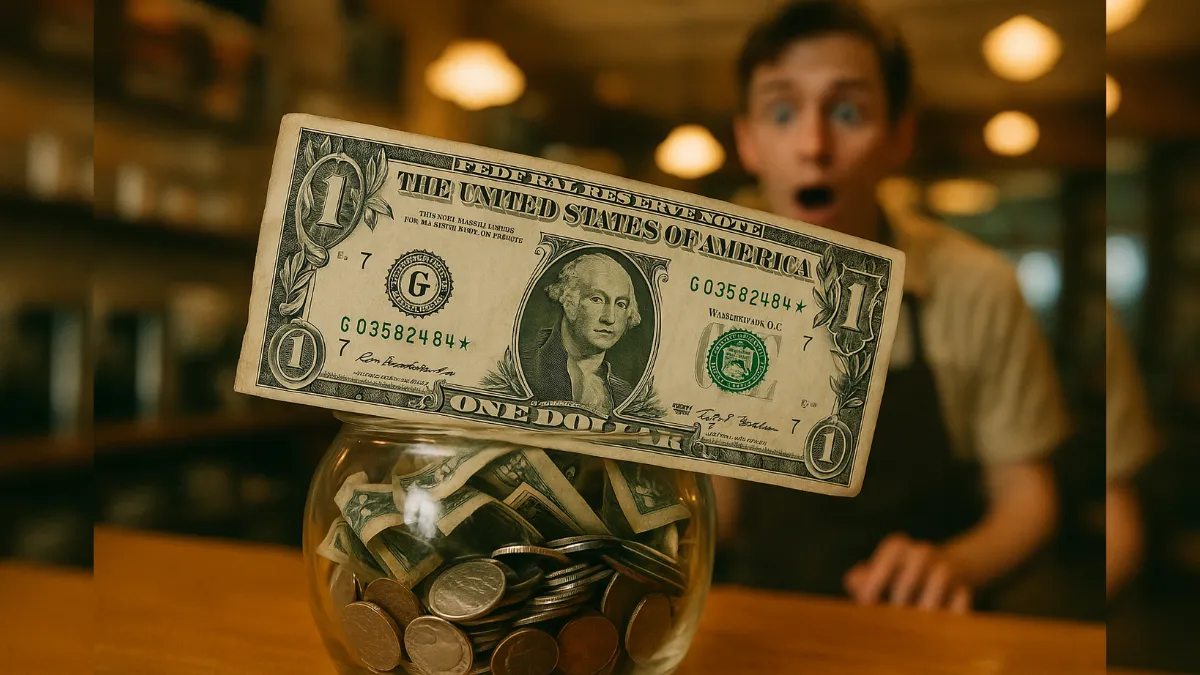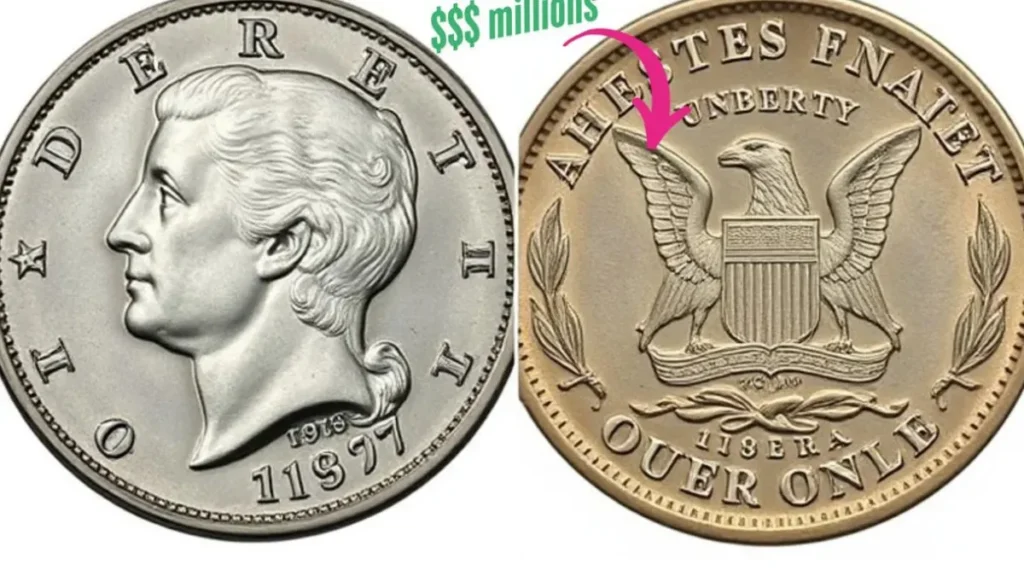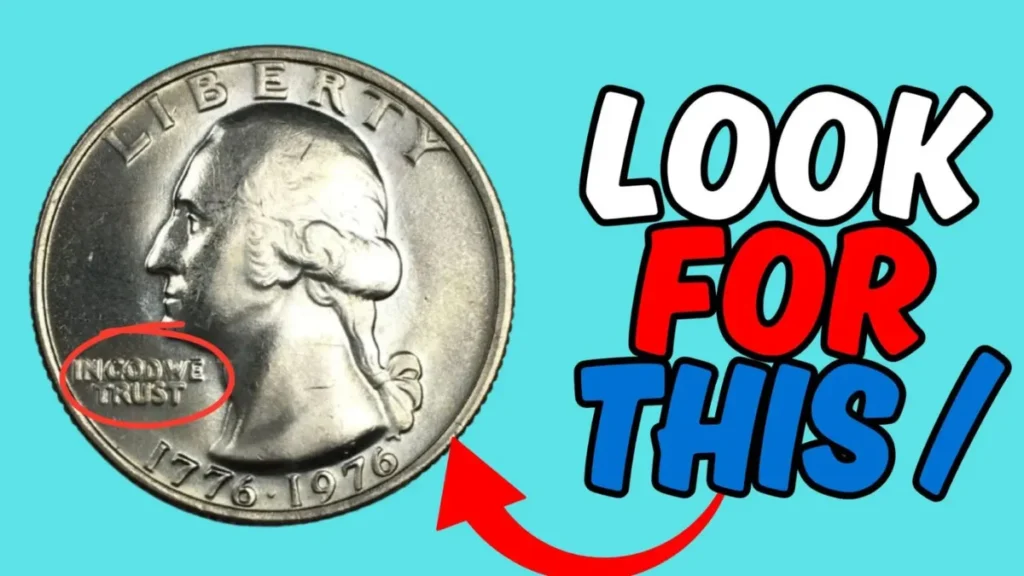A Routine Restaurant Shift Turns into a Lucky Find
What seemed like an ordinary workday at a local restaurant quickly became something extraordinary when a team member discovered a rare $1 Star Note tucked inside the tip jar.
What started as a simple act of collecting tips turned into an unexpected encounter with a collector’s treasure—proof that valuable finds can show up even in everyday places.
What Exactly Is a Star Note?
A Star Note is a replacement bill issued by the U.S. Bureau of Engraving and Printing (BEP) when a mistake occurs during the regular printing process.
Instead of reusing the same serial number, a new one is printed with a star symbol (★) at the end. These notes are unique and can sometimes become highly collectible due to their rarity and the errors they represent.
Discovery of a Rare $1 Star Note in the Tip Jar
While sorting out cash tips during a shift, an employee noticed a $1 bill with a serial number ending in a star. It turned out to be a 2013 Series B Star Note—especially rare because of a known duplication error.
Two separate print runs—one from New York and one from Washington, D.C.—produced identical serial numbers. These duplicate notes are extremely rare, and owning a matched pair is considered a major prize among collectors.
How to Spot a Valuable Star Note
Not every Star Note is worth a fortune, but specific traits can make certain notes incredibly valuable. Here’s what to keep an eye out for:
- Series Year: Some years—like 2013 Series B—are known for significant printing mistakes.
- Serial Number Range: For the 2013 Series B, look for serials between B00000001★ to B00250000★ and B03200001★ to B09600000★.
- Condition: Mint or uncirculated notes fetch higher prices than ones that are worn or creased.
- Production Numbers: Low print quantities or printing facility mix-ups boost a note’s value.
High-Value Star Notes and Their Estimated Worth
| Series Year | Federal Reserve Bank | Serial Number Range | Approx. Value |
|---|---|---|---|
| 2013 | New York (B) | B00000001★ – B00250000★ | Up to $150,000 |
| 2013 | Washington, D.C. (B) | B03200001★ – B09600000★ | Up to $150,000 |
| 2017 | Various | Low serial numbers | $50 – $1,000+ |
| 2009 | Various | Rare print batches | $20 – $500+ |
Why Collectors Are Drawn to Star Notes
There’s a certain mystique surrounding Star Notes, especially those tied to printing errors or unusual production runs. The 2013 Series B is a perfect example—it’s a product of an oversight that resulted in two identical runs of serial numbers. For collectors, finding both matching notes from different facilities is like discovering buried treasure.
Simple Steps to Evaluate Your Star Note
Think you might have one of these valuable bills? Here’s how to find out:
- Look for the Star: Confirm the star symbol at the end of the serial number.
- Check the Series Year: Located near the portrait, this indicates when the bill was printed.
- Identify the Federal Reserve Letter: A letter like “B” signals the issuing bank—B is for New York.
- Use Online Tools: Sites like MyCurrencyCollection.com can help determine rarity and estimated value.
Final Thoughts: Hidden Value in Everyday Cash
The surprise discovery of a rare Star Note in a restaurant tip jar proves that even the most routine transactions can hide valuable treasures. Whether you’re an experienced currency collector or just curious about what’s in your wallet, it might be worth taking a closer look—you never know what you’ll find.
FAQs
What makes the 2013 Series B Star Notes so special?
These bills are the result of a printing mistake that led to two identical serial number batches being printed in separate facilities, making them highly collectible.
How do I find out what my Star Note is worth?
Its value depends on factors like the year, serial number, condition, and rarity. You can use online tools or consult a currency expert for a reliable estimate.
Are all Star Notes valuable?
Not necessarily. Only those with unusual features, rare serial numbers, or errors carry significant collector interest.
Where can I sell a valuable Star Note?
You can sell your note on platforms like eBay, at currency auctions, or through certified currency dealers who specialize in collectible bills.
Matthew K. Ayers is a seasoned finance writer with a sharp eye for market trends and economic insights. With a background in financial analysis and a passion for simplifying complex topics, he crafts clear, actionable content to help readers make smarter money decisions. From personal finance to global markets, Matthew delivers trustworthy advice with clarity and precision.
